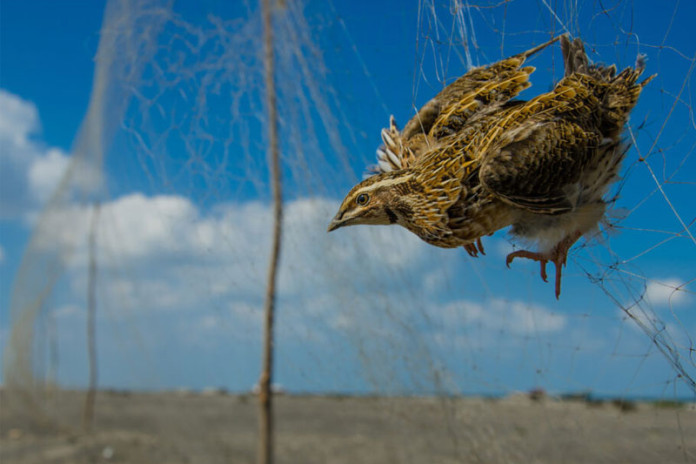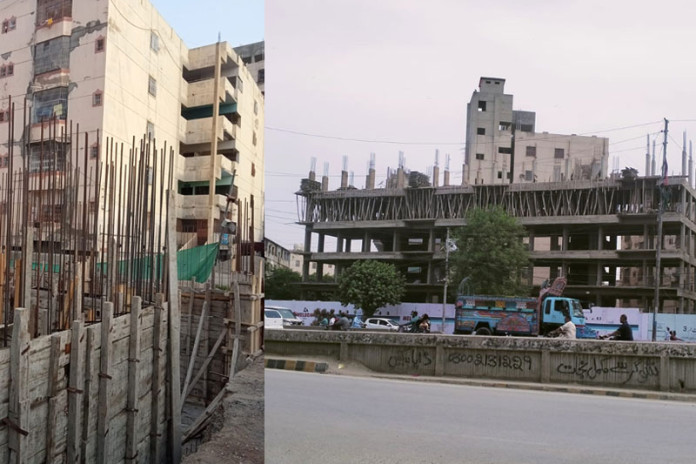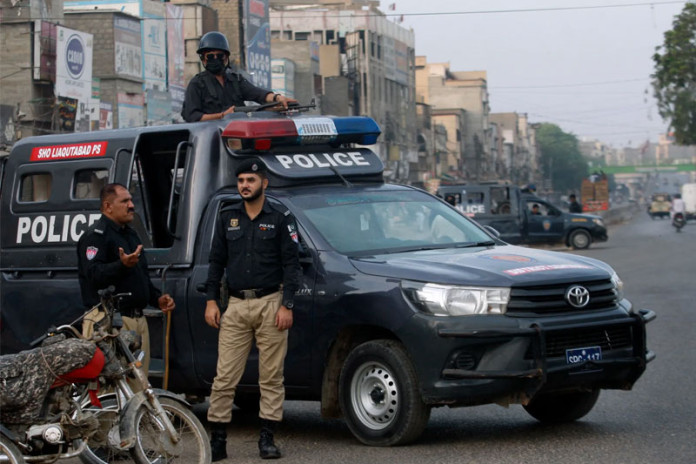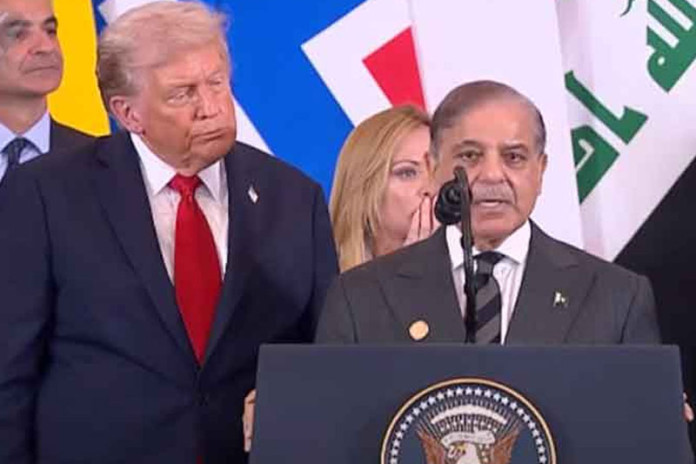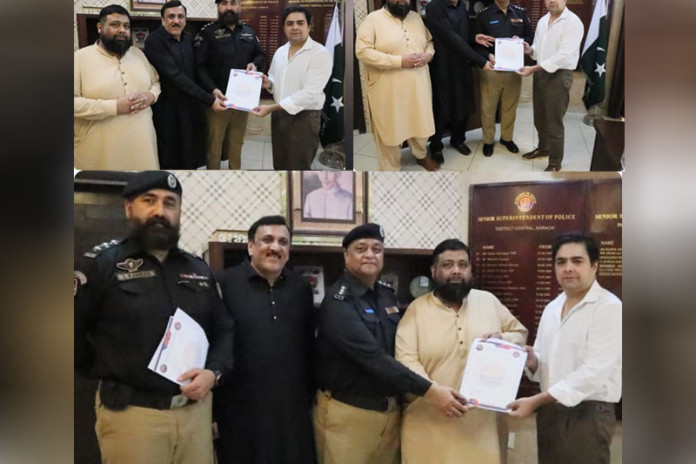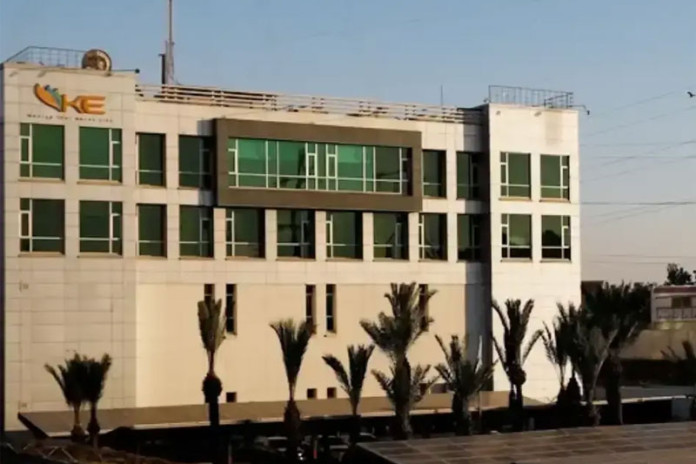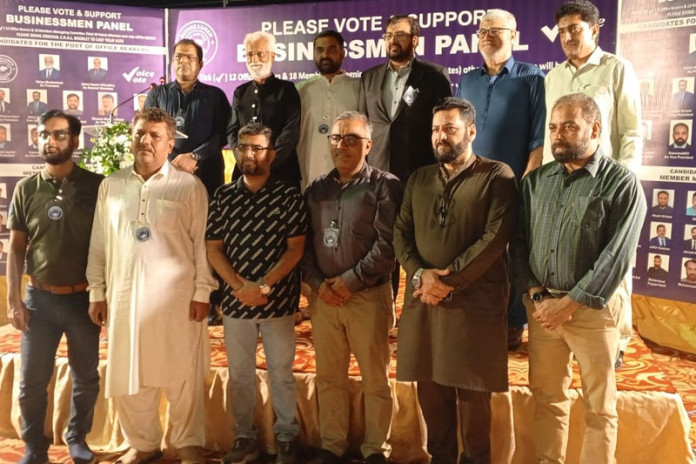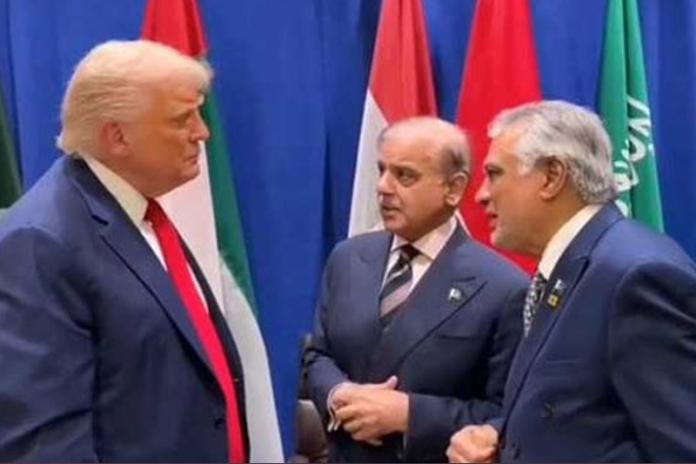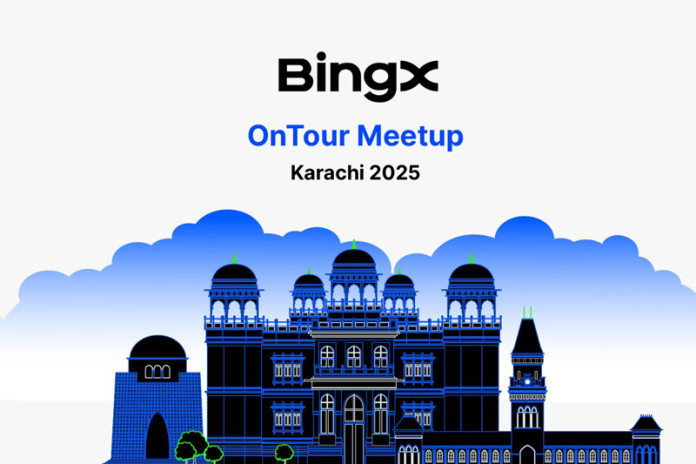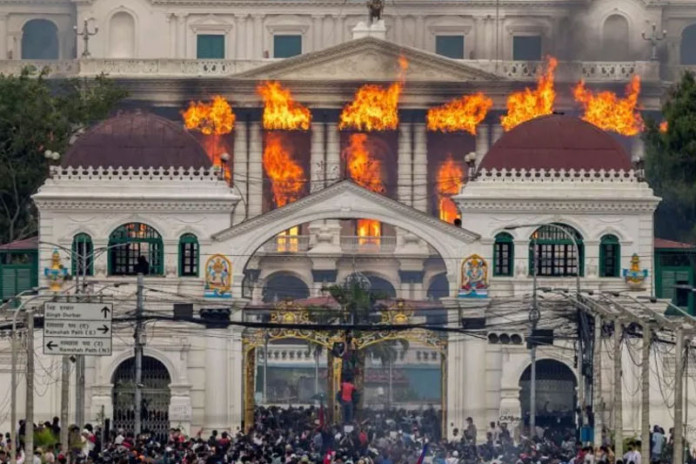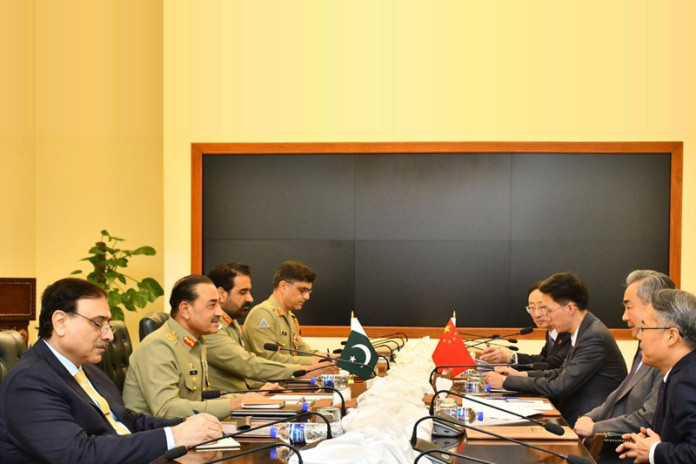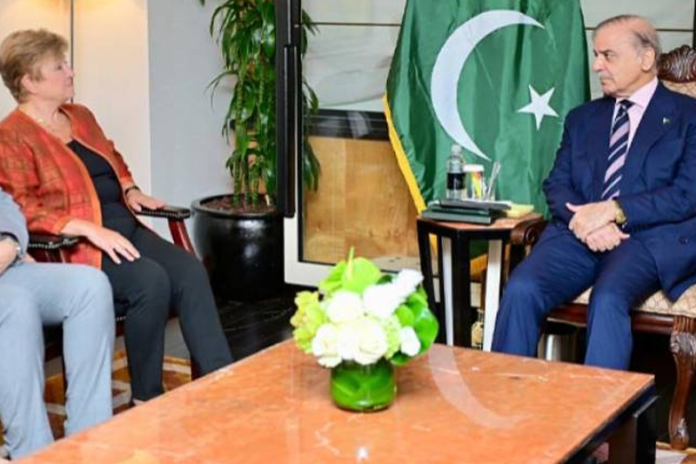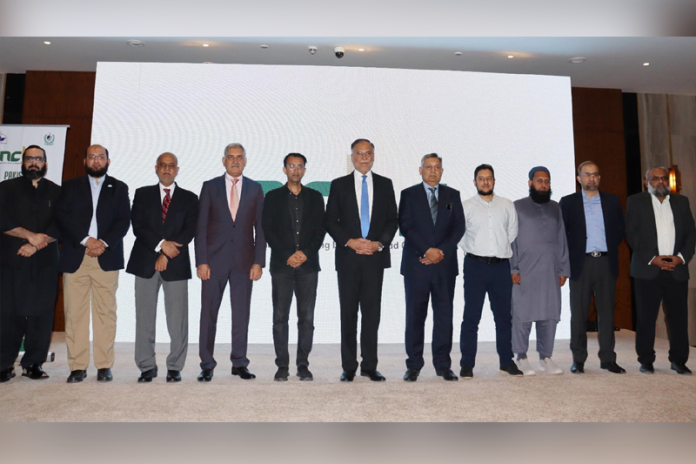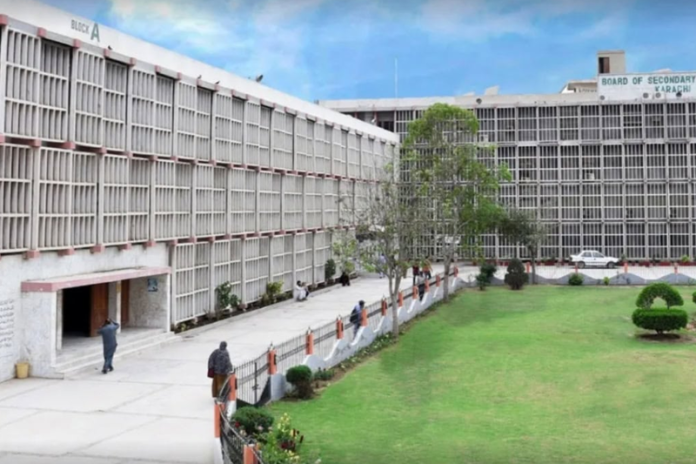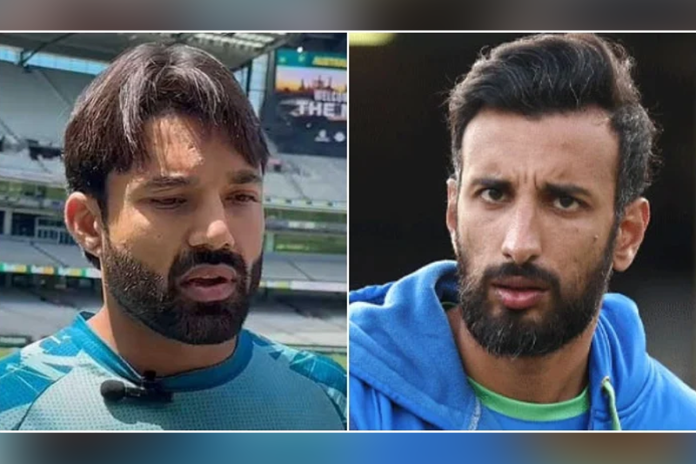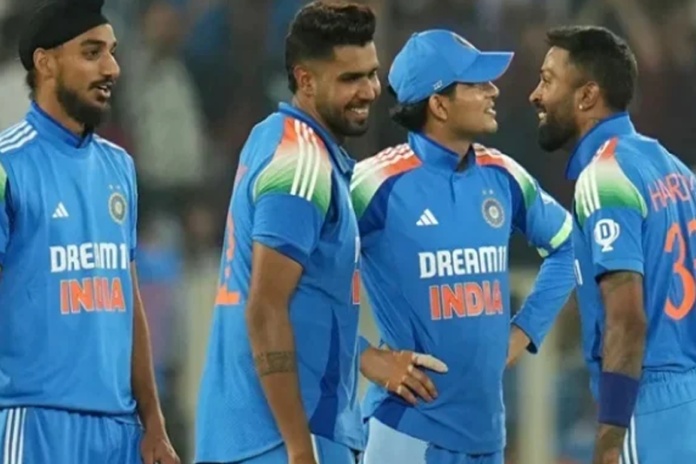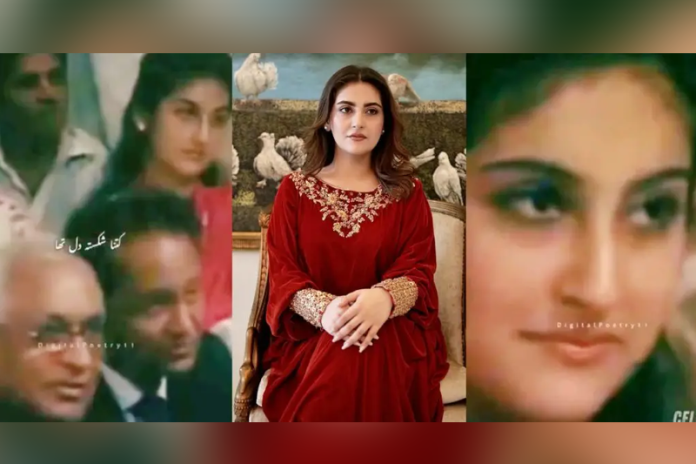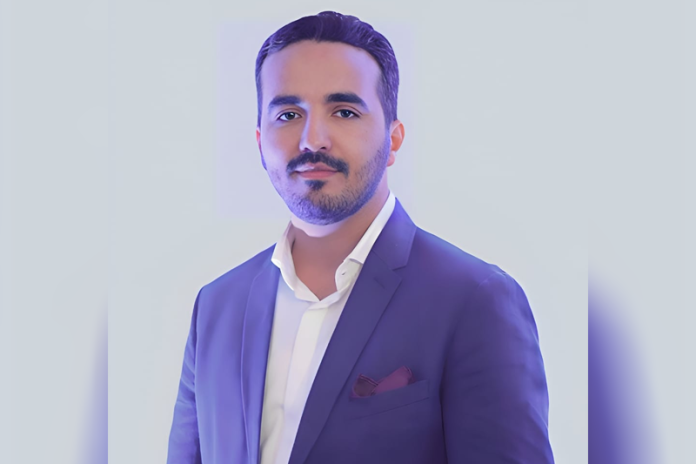Zakat in Light of Islam: A Comprehensive Guide
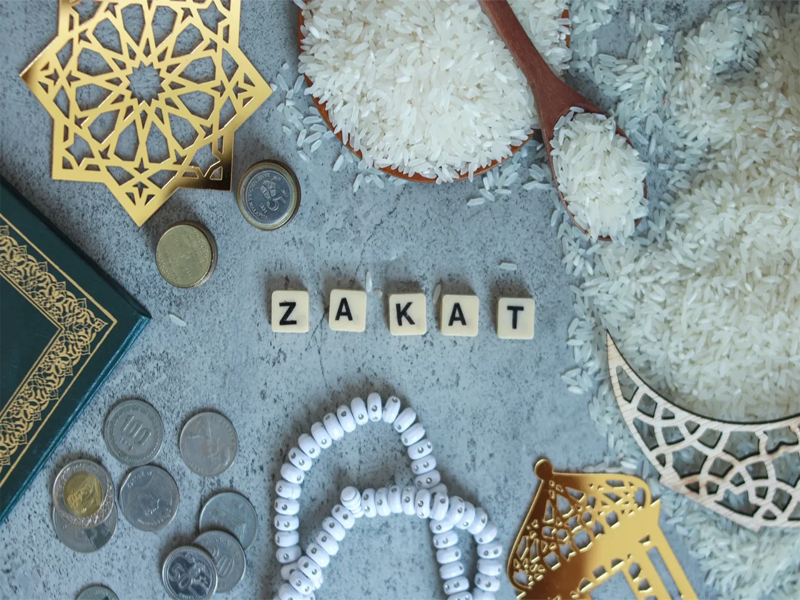
- 448
- 0
Zakat is one of the fundamental pillars of Islam, holding immense significance in the lives of Muslims. It is a form of obligatory charity that purifies wealth and fosters social justice by helping the underprivileged.
Islam strongly emphasizes the redistribution of wealth to ensure economic balance within society. The Quran and Hadith provide clear guidance on the principles, calculation, and beneficiaries of Zakat. This article delves into the concept of Zakat, its importance, eligibility criteria, methods of distribution, and its role in creating an equitable society.
Meaning and Definition of Zakat The term "Zakat" originates from the Arabic root word "Z-K-W," which means purification, growth, and blessings. It signifies both spiritual purification and the growth of one's wealth through giving. As an obligatory act, Zakat ensures that Muslims purify their earnings by sharing a portion with those in need. Allah commands the giving of Zakat in various places in the Quran, such as in Surah Al-Baqarah (2:110): "And establish prayer and give Zakat, and whatever good you put forward for yourselves-you will find it with Allah. Indeed, Allah is All-Seeing of what you do."
The Importance of Zakat in Islam Zakat is the third pillar of Islam, underscoring its crucial role in the faith. It serves multiple purposes, including purification of wealth and soul, economic equality, social welfare, spiritual rewards, and strengthening brotherhood. Zakat purifies the heart from greed and selfishness while cleansing wealth from potential impurities. By redistributing wealth, Zakat bridges the gap between the rich and poor, fostering financial equity. It alleviates poverty, assists the needy, and supports the development of society.
Muslims believe that giving Zakat earns divine rewards and blessings in both this world and the Hereafter. The Prophet Muhammad (PBUH) said: "The believer's shade on the Day of Resurrection will be his charity." (Tirmidhi) Who Must Pay Zakat? Zakat is obligatory upon every adult Muslim who meets the following conditions: being Muslim, possessing wealth above a specific threshold (Nisab) for a complete lunar year, having financial stability, and meeting the lunar year requirement. Those with debts or financial burdens that lower their wealth below the Nisab are exempt from paying Zakat. Nisab (Minimum Wealth Threshold for Zakat) Nisab is the minimum amount of wealth a person must own before being liable to pay Zakat. It is based on the value of 87.48 grams of gold or its cash equivalent or 612.36 grams of silver or its cash equivalent. Since silver has a lower value than gold, many scholars recommend using the silver Nisab to ensure more people contribute to charity. How to Calculate Zakat?
Zakat is generally calculated as 2.5% of a person's total savings and assets, including cash in hand and bank savings, gold and silver jewelry, stocks, shares, and investments, as well as business assets (excluding expenses and liabilities). Who is Eligible to Receive Zakat? The Quran identifies eight categories of people eligible for Zakat in Surah At-Tawbah (9:60): the poor (Fuqara), the needy (Masakeen), Zakat collectors (Amileen), those whose hearts are to be reconciled (Mu'allafatul Qulub), slaves and captives (Riqab), debtors (Gharimeen), those in the cause of Allah (Fi Sabilillah), and wayfarers (Ibnus Sabeel).
The Difference Between Zakat and Sadaqah While both Zakat and Sadaqah involve charitable giving, there are key differences. Zakat is obligatory, while Sadaqah is voluntary. Zakat has fixed rates (2.5%) and eligibility criteria, while Sadaqah has no set amount or conditions. Zakat must be given annually, whereas Sadaqah can be given anytime. Zakat must be given to specific categories, while Sadaqah can be given to anyone in need. Benefits of Zakat in Society Zakat contributes to poverty alleviation by providing financial assistance to the needy, helping them meet their essential needs. By redistributing wealth, Zakat prevents the accumulation of wealth among a few individuals, ensuring economic circulation. It encourages compassion, empathy, and generosity among Muslims, strengthening the moral and social responsibility of individuals.
Additionally, Zakat aids in social welfare, education, and healthcare projects for the underprivileged, ultimately strengthening the community. Islam teaches that those who give Zakat will be rewarded immensely in the afterlife. Common Misconceptions About Zakat Several misconceptions exist regarding Zakat. One common myth is that Zakat is only for the poor, but in reality, it benefits a range of recipients, including debtors, stranded travelers, and those striving in the path of Allah. Another misconception is that Zakat is optional; however, unlike voluntary charity (Sadaqah), Zakat is a mandatory obligation.
Some believe Zakat applies only to money, but it extends to various assets such as livestock, agricultural produce, business inventory, and precious metals. Additionally, while direct dependents like parents, spouses, and children cannot receive Zakat, distant relatives in need can. Zakat is a divine system that promotes social justice, economic equality, and moral responsibility within an Islamic society. By giving Zakat, Muslims not only fulfill their religious duty but also contribute to the well-being of their communities. It is a means of purification, both spiritual and financial, ensuring that wealth is shared among those in need. As the Prophet Muhammad (PBUH) said, "Charity does not decrease wealth."
(Muslim) The proper implementation of Zakat can transform society, eradicate poverty, and strengthen communal bonds. Every eligible Muslim must fulfill this obligation sincerely, remembering that wealth is a trust from Allah that should be used for the benefit of all.

